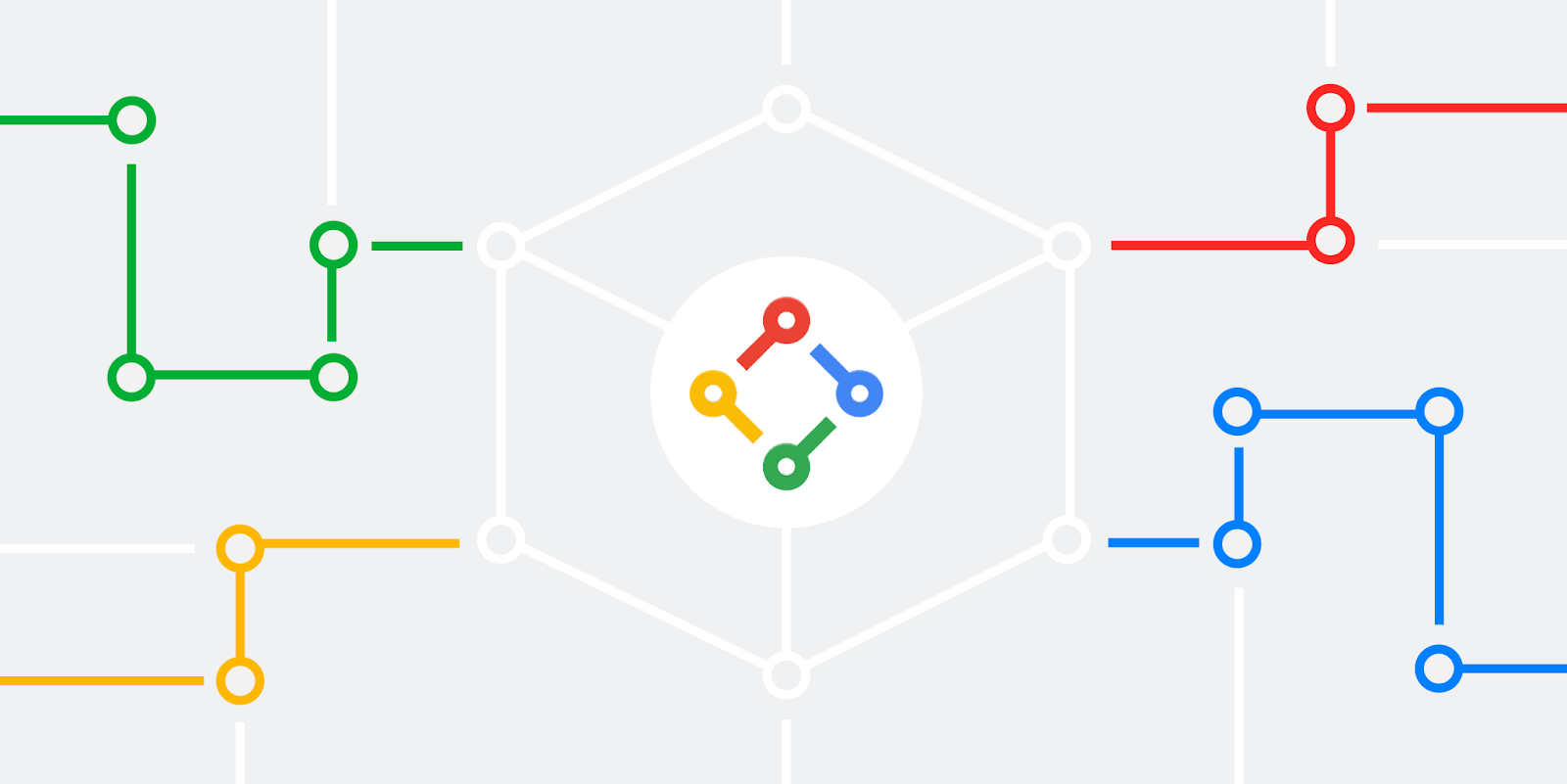We are celebrating our 20th anniversary of Google Summer of Code (GSoC) and we are thrilled to announce the new 1,220 Contributors that will be writing code for 195 open source mentoring organizations starting May 27. Over the last few weeks, our mentoring organizations have read through applications, had discussions with applicants, and made the difficult decision of selecting the GSoC Contributors they will be mentoring this summer.
Highlighting significant results from this year’s application period:
- 43,984 applicants from 172 countries
- 9,107 proposals submitted by 6,518 applicants
- 1,220 GSoC contributors accepted from 73 countries
- Over 2,800 mentors and organization administrators
- 34 mentoring organizations are participating in their 16th-20th GSoC!
Starting today, our GSoC 2024 Contributors will actively engage with their new open source community and become familiar with their organizations during the Community Bonding period. Mentors will guide the GSoC Contributors through documentation and introduce them to community norms and processes while helping plan their milestones and projects for the summer. Coding begins May 27th and while most folks will wrap up September 2nd, GSoC Contributors have the opportunity to request a longer coding period and wrap up their projects between early September and early November based on their schedules and availability.
We’d like to express our gratitude to the thousands of applicants who took the time and effort to reach out to our mentoring organizations and submit proposals this year. The experience of researching, asking questions and becoming more familiar with open source communities has hopefully helped you feel excited about open source and maybe you found a great community that you want to contribute to outside of Google Summer of Code! Communication is key to GSoC and open source, and staying connected with the community or reaching out to other organizations is an exceptional way to set the stage for future opportunities. Open source communities are always looking for new and eager collaborators to join their projects.
A huge thank you to all of our mentors and organization administrators who make this program so special and impactful for thousands of developers each year. Google Summer of Code continues because of the dedication of mentors to keep the open source ecosystem thriving by supporting new developers and their exciting perspectives and ideas. Google is honored to support the open source ecosystem (and 1,000+ open source projects and 20,000+ developers) over these past 20 years.
GSoC Contributors — have fun this summer, keep learning and enjoy becoming part of the open source community! Your mentors and community members have dozens, and in some cases hundreds, of years of combined experience so let them share their knowledge with you to help you become phenomenal open source contributors.
By Stephanie Taylor – Program Lead and Lucila Ortiz – Program Administrator





